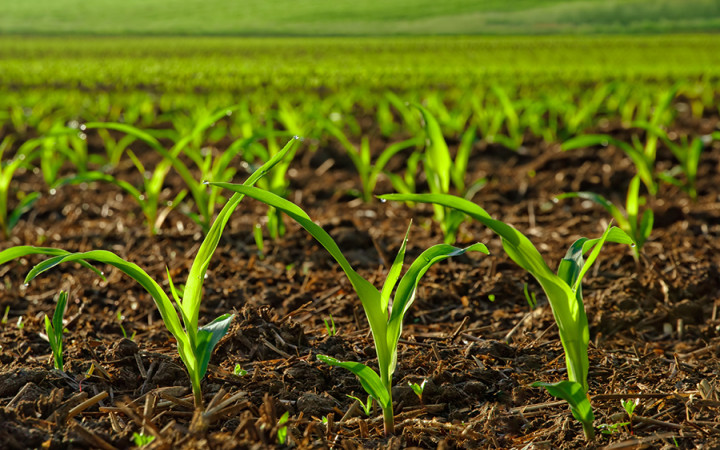Today’s Wonder of the Day was inspired by Murp. Murp Wonders, “Can Plants Think?” Thanks for WONDERing with us, Murp!
When you think of the smartest organisms in the world, what comes to mind? Human beings probably are at the top of your list. You might also think about animals like dolphins, chimpanzees, and elephants.
You probably don't think of plants. After all, you probably haven't had very many interesting conversations with a head of lettuce or a stalk of celery. When you think about it, though, plants do some amazing things.
Plants know when to grow up out of the ground when the time is right. Some plants even hunt and trap insects. Do plants have brains? Can plants think? Or is something else going on here?
Plants do not have brains like human beings do. They cannot think like human beings either. They can, however, contain extremely complex mechanisms that allow them to do amazing things.
Although plants don't have brains, they can tell time! Plants have time-sensitive genes that let them know when to suppress growth.
After a certain number of cold days pass, for example, these genes stop suppressing growth and allow for new growth to begin. Similar mechanisms let plants know when to drop their leaves and seeds, as well as when to open and close their petals on a daily basis.
Carnivorous plants, such as the Venus flytrap, can lie in wait and spring closed to trap insects and sometimes even frogs. They don't use brains to accomplish this complex task, though.
Instead, finely-tuned hairs are triggered by their prey. When triggered, internal mechanisms cause the Venus flytrap's unique leaves to snap shut quickly to trap its prey.
This mechanism is so advanced that it requires two different hairs to be contacted within 20 seconds of each other in order to trigger the process. This prevents accidental triggering when no real prey is present.
If these examples weren't impressive enough, Polish plant biologists recently released the results of research that they claim shows that plants can remember information and react to it. They believe plants may use an internal communications system that acts in a way similar to an animal's central nervous system.
Researchers claim their studies show that a plant can remember information about light exposure, for example. When the time is right, plants can transmit that information to other parts of the plant.
Although much research remains to be done regarding plant intelligence, it appears that plants may possess very complex systems that, while not equivalent to thought that comes from a brain, allows for some interesting plant behavior that may have never been suspected before.





